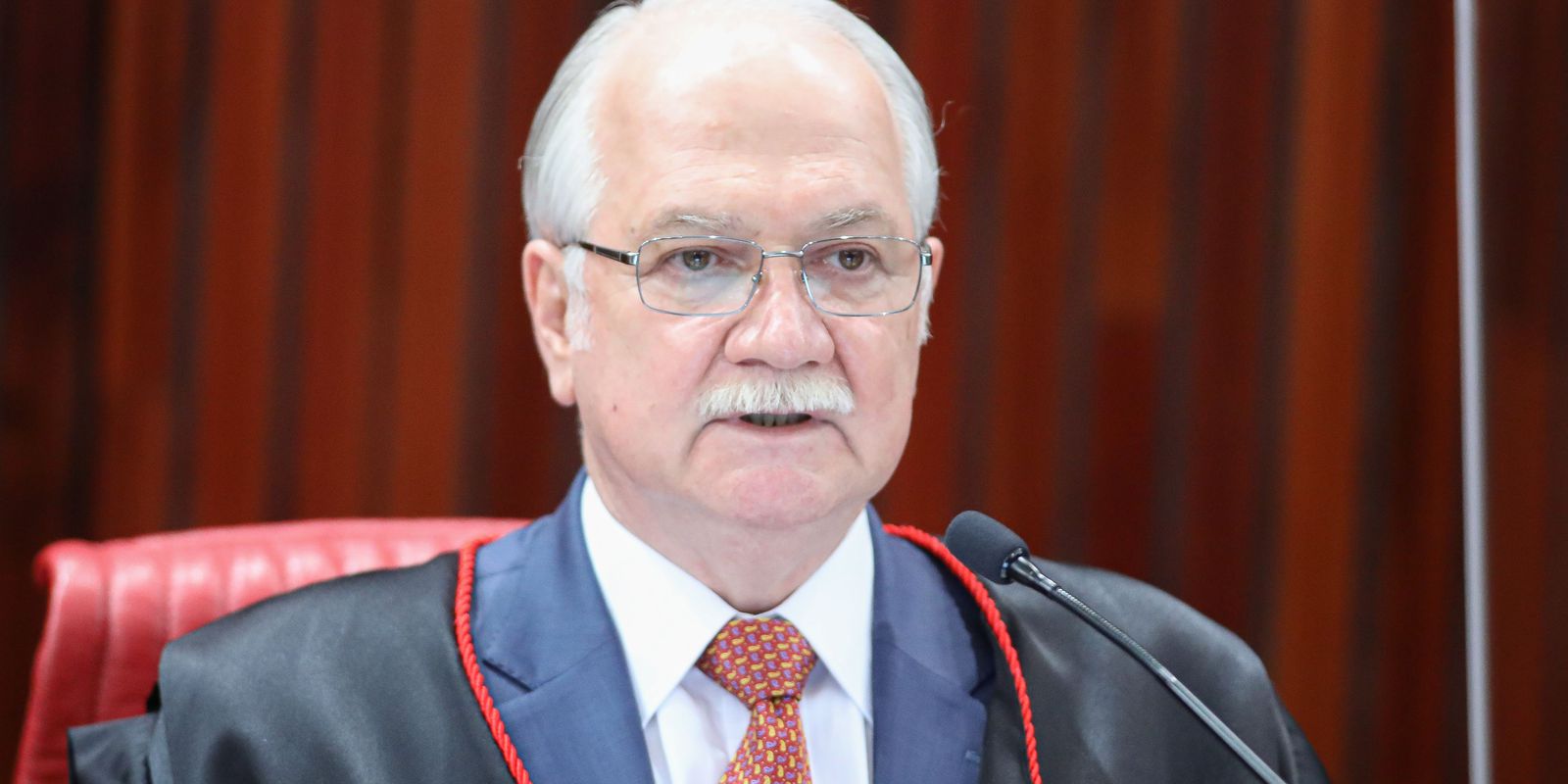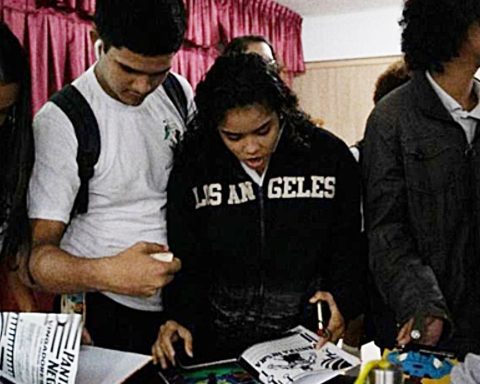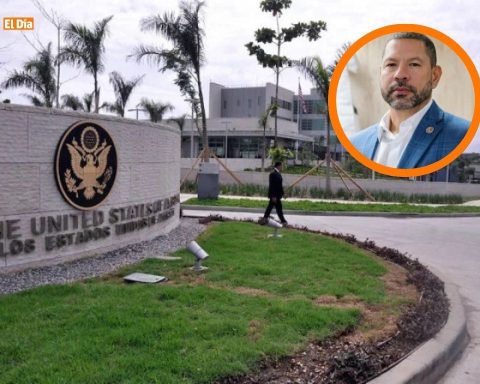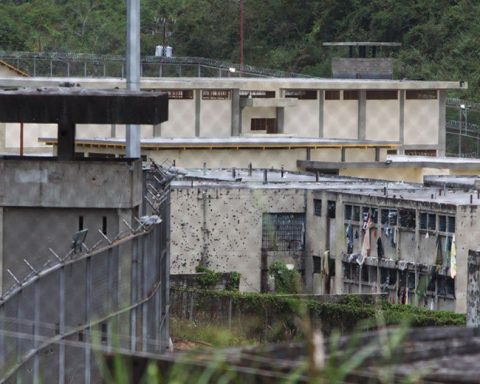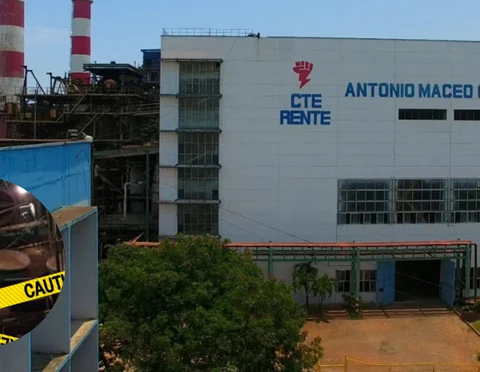The president of the Superior Electoral Court (TSE), Minister Edson Fachin, warned today (26) that there is a risk of “emptying” the Electoral Justice in the broad reform of party and electoral laws which is pending in the Senate. 
The observation is in craft sent today to the president of the Senate, Rodrigo Pacheco (PSD-MG). In the 10-page document, the minister points out four points that he considers most problematic in the current text of the bill.
“It is argued, with due respect, that the current wording of the legislative proposal contains an undeniable commitment to the competences of the Electoral Justice, which defy vertical examination on the possibility of weakening legal certainty and possible material emptying of the attributions of this Specialized Justice”, wrote Fachin.
Among the problematic points highlighted by Fachin are the article that provides for the possibility of repeal of TSE resolutions by Congress; the device that changes the accountability processes, removing the analysis of documents from the TSE and transferring the analysis of documents to private consulting companies.
Another problem indicated by the minister is that the proposal in progress does not provide for an interval between publication in the Official Gazette and the entry into force of the new Electoral Code, the so-called vacatio legis. Without this time, it is not possible to guarantee the legal certainty of the 2022 Elections, said the president of the TSE.
In order to apply the new Electoral Code, with its 898 articles, a broad study of the impacts on all other electoral norms will be necessary, Fachin argued. There is not enough time to complete the task before the October elections, the minister added.
The president of the TSE also highlighted that the electoral calendar is underway, and that the Constitution provides instruments to prevent rule changes with the electoral game already underway. Fachin asked that any legislative changes only come into force, at the very least, from 2023.
“The Electoral Justice tirelessly affirms that prior knowledge of the rules of the electoral game, and the maintenance of these rules throughout the electoral process, is a guarantee to all political actors and to the entire Brazilian society”, said the minister.
With more than 400 pages, the bill in progress in the Senate has already was approved by the Chamber and proposes a broad reform of party and electoral laws. In addition to the Electoral Code, the proposal touches on other laws, such as the one dealing with ineligibility.
